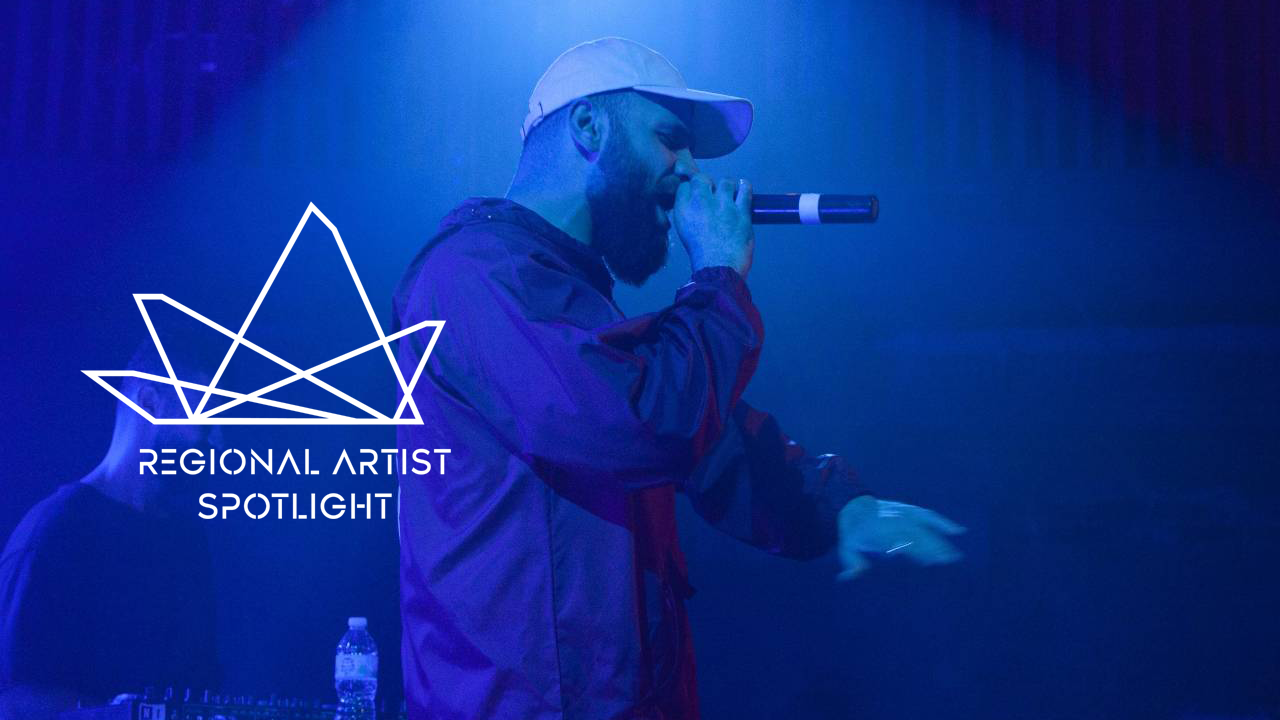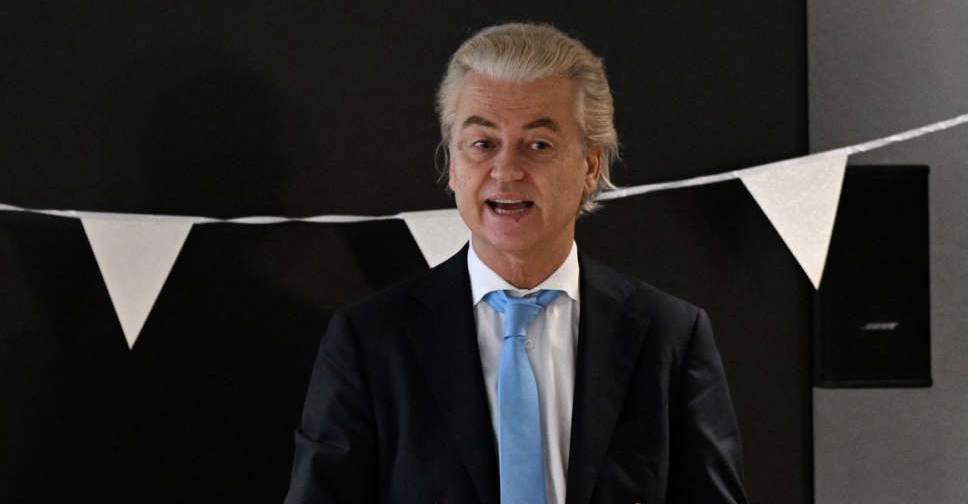
Far-right populist Geert Wilders wants to be the Netherlands' next prime minister and would focus his efforts on curbing immigration, he said following a landmark election win.
A fan of former US President Donald Trump and Hungary's eurosceptic Prime Minister Viktor Orban, the vocally anti-Islam, anti-EU Wilders has also vowed to slash Dutch payments to the European Union and block the entrance of any new members, including Ukraine.
Though Wilders' most radical ideas will be rejected by other parties he must work with in order to form a coalition government, fellow populists including Italy's Deputy Prime Minister and leader of the hard-right League Matteo Salvini welcomed his win as showing that "a new Europe is possible."
Beating all predictions, Wilders' Freedom Party (PVV) won 37 seats out of 150 on Wednesday, well ahead of 25 for a joint Labour/Green ticket and 24 for the conservative People's Party for Freedom and Democracy (VVD) of outgoing Prime Minister Mark Rutte.
Wilders told Dutch media on Thursday he wanted to be prime minister and that he was in favour of a referendum on whether the Netherlands should leave the EU.
"But the first thing is a significant restriction on asylum and immigration," Wilders said. "We don't do that for ourselves, we do that for all Dutch people who voted for us".
While his party will claim almost a quarter of seats in parliament, Wilders needs mainstream parties to join him in a coalition to govern and will have to water down some of his views.
Notably, none of the parties Wilders could form a government with would be willing to leave the EU or violate Dutch constitutional guarantees on freedom of religion, but he said he was confident an agreement could be reached.
A coalition of the Freedom Party, VVD, and the NSC party of centrist lawmaker Pieter Omtzigt would have 81 seats combined, making it the most obvious combination.
Coalition talks are expected to take months as both VVD and NSC leaders have expressed reservations about working with Wilders.
Wilders' win sends a warning shot to mainstream parties across Europe ahead of the European Parliament elections next June, which will likely be fought on the same issues as the Dutch election: immigration, cost of living and climate change.




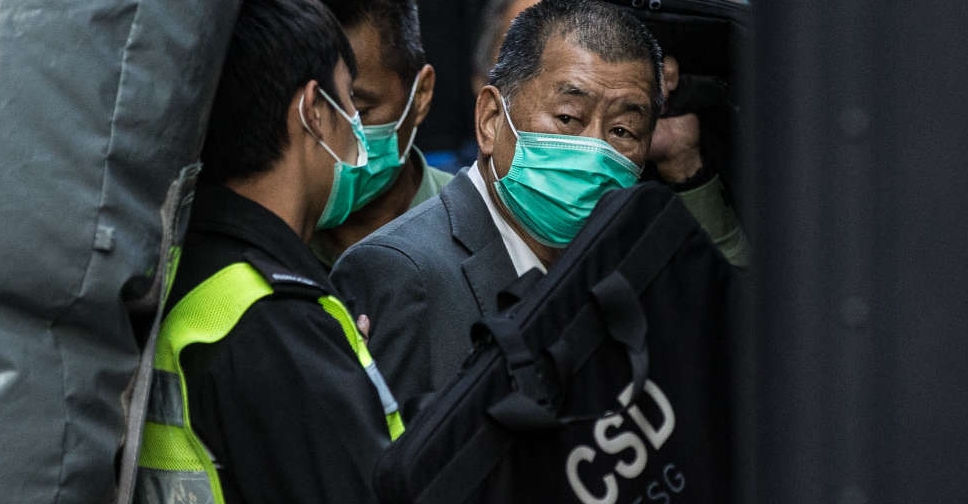 Hong Kong court finds tycoon Jimmy Lai guilty in landmark security trial
Hong Kong court finds tycoon Jimmy Lai guilty in landmark security trial
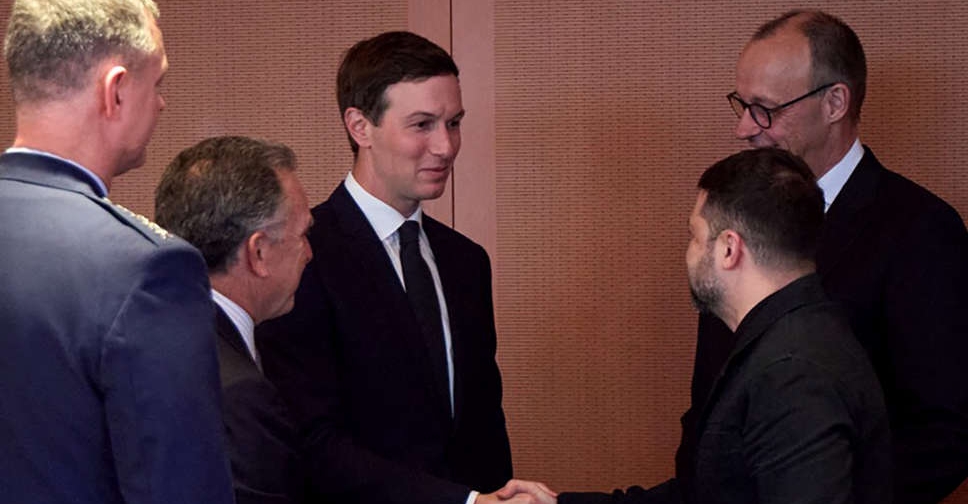 Ukraine peace talks stretch into second day at start of pivotal week for Europe
Ukraine peace talks stretch into second day at start of pivotal week for Europe
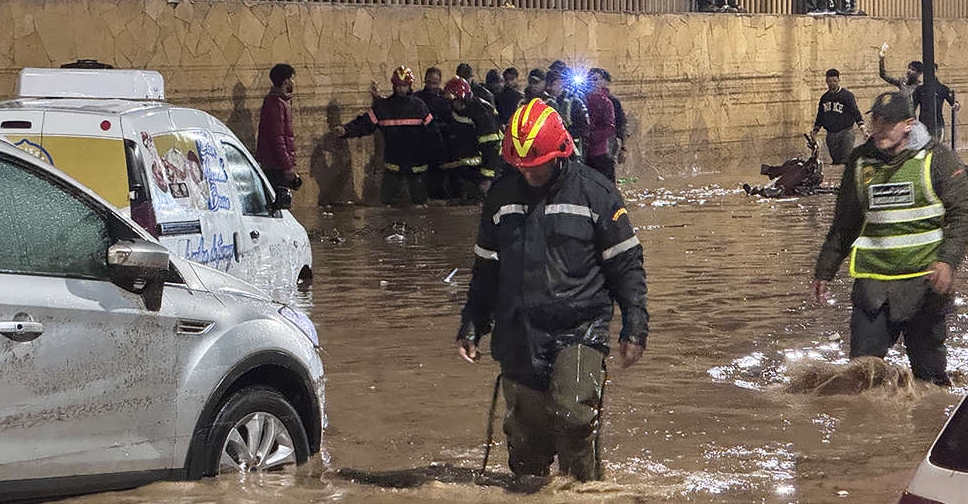 Flash floods kill at least 37 people in Morocco's Safi province
Flash floods kill at least 37 people in Morocco's Safi province
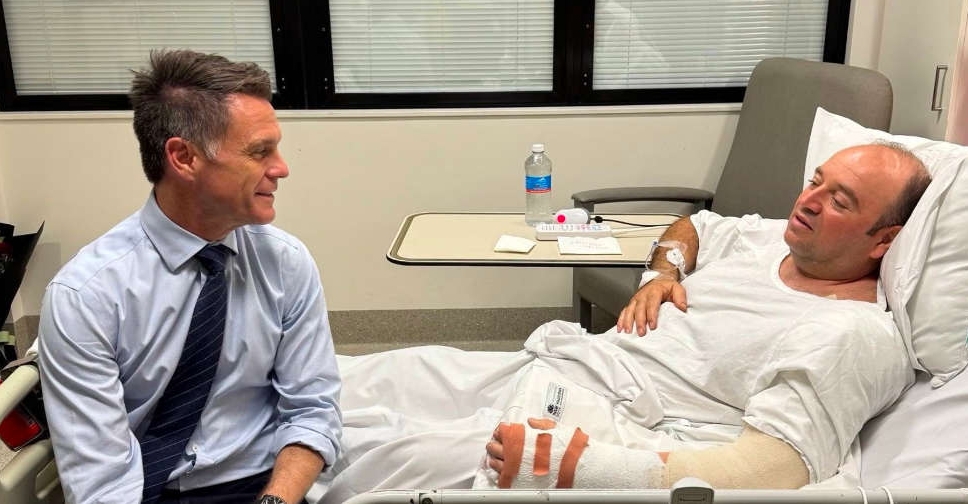 'Hero' who disarmed Bondi gunman recovering after surgery, family says
'Hero' who disarmed Bondi gunman recovering after surgery, family says
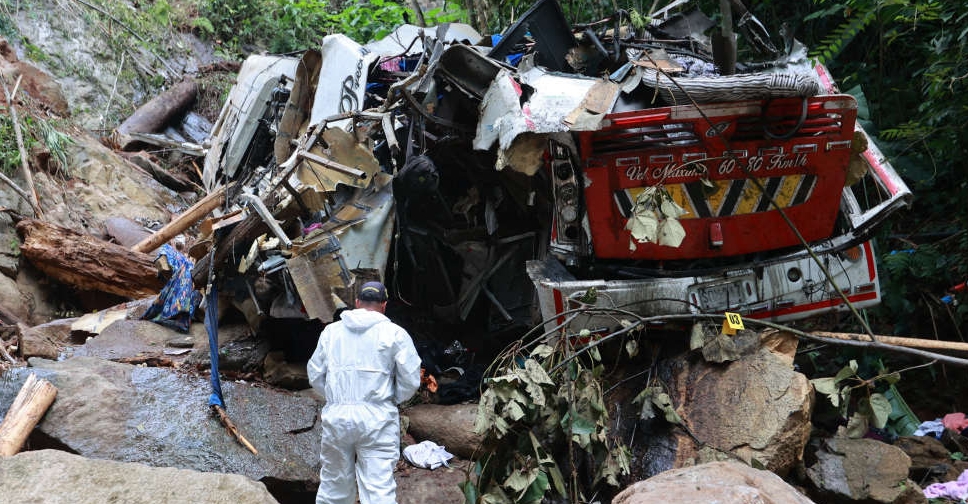 School bus accident in Colombia kills 17, injures 20
School bus accident in Colombia kills 17, injures 20




